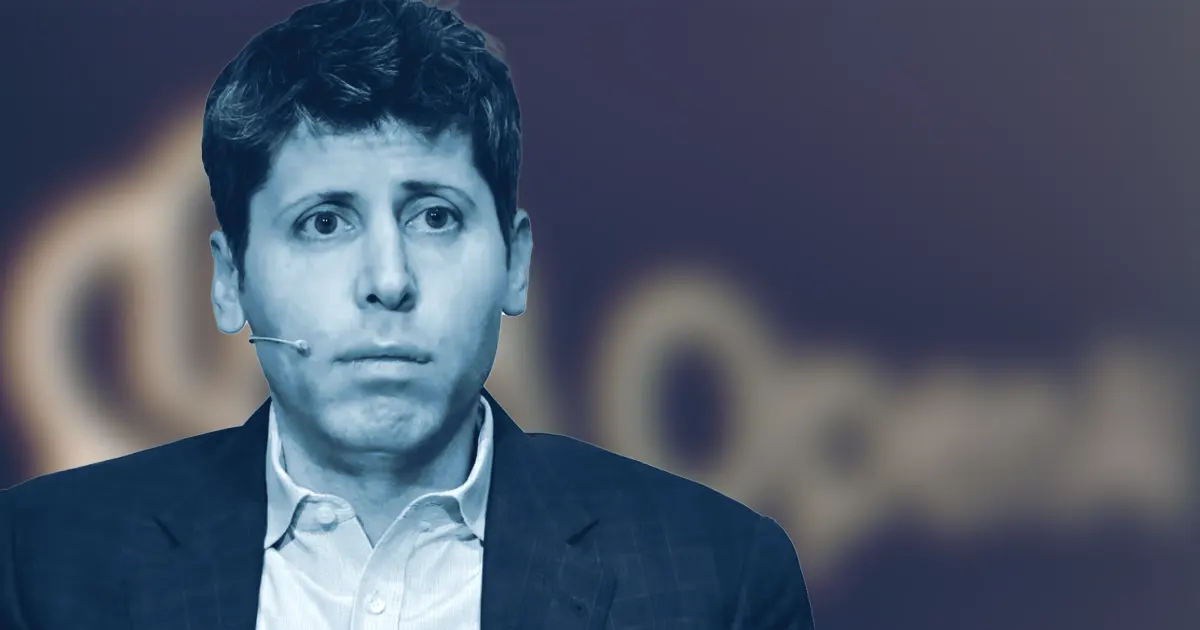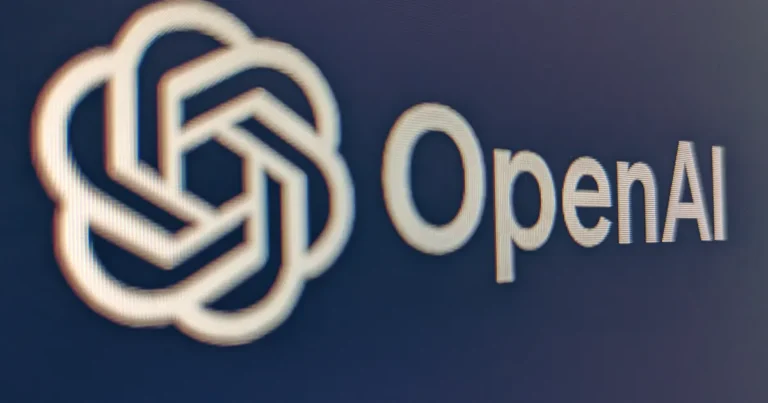18-6-2025 – OpenAI, the creators of ChatGPT, unveiled a dedicated division on Monday, christened OpenAI for Government. This initiative aims to weave its cutting-edge AI tools into the operations of U.S. federal agencies, heralding a new era of efficiency and empowerment for civil servants. The venture kicks off with a substantial $200 million pilot contract with the U.S. Department of Defense, facilitated through its Chief Digital and Artificial Intelligence Office. This programme will harness generative AI to streamline non-combat administrative tasks, with OpenAI steadfastly asserting that all applications adhere strictly to its ethical usage policies.

The launch casts a shadow over xAI, Elon Musk’s rival AI enterprise, which finds itself sidelined amid the fallout from Musk’s recent public clash with President Donald Trump. While xAI has not been entirely excluded from government circles, whispers of controversy linger. Sources cited by Reuters allege that a tailored version of xAI’s chatbot, Grok, is being employed to sift through Department of Homeland Security data, raising concerns about potential breaches of conflict-of-interest regulations and the security of sensitive citizen information. The DHS, however, has firmly rebuffed these claims.

OpenAI’s new division consolidates its existing collaborations with a roster of federal bodies, including NASA, the National Institutes of Health, the Department of the Treasury, and the Air Force Research Laboratory, alongside prestigious national laboratories like Los Alamos, Lawrence Livermore, and Sandia. This unified approach seeks to enhance the daily grind of public service, enabling government employees to execute their vital roles with greater efficacy and support.
The announcement follows OpenAI’s earlier involvement in a colossal $500 billion private-sector AI initiative named Stargate, launched in January alongside the Trump Administration, Oracle, and Japan’s Softbank. Yet, OpenAI’s pivot towards government integration has not been without scrutiny. Earlier this year, the company faced questions after quietly lifting its ban on military applications of ChatGPT, a move that sparked debate despite assurances that its current defence contract steers clear of combat-related uses.


